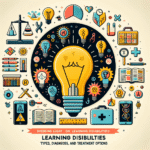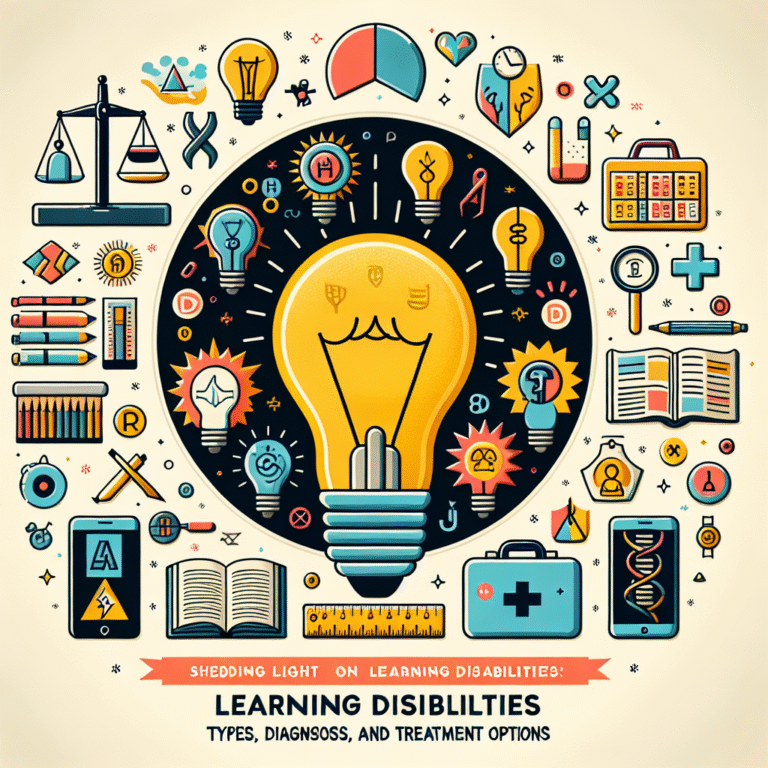
Introduction
Have you ever walked into a room, completely forgetting why you went in? Or perhaps found yourself struggling to recall the name of a friend you haven’t seen in years? These moments can be frustrating and can evoke a sense of dread about our cognitive capabilities. As we navigate through busy lives, our memories are instrumental in shaping our identities and relationships. Understanding how to effectively retrieve memories can enhance not only our day-to-day functioning but also our overall quality of life.
In this article, we’ll delve into Retrieving Memories: Tips for Improved Recall in Everyday Life that can transform not only how we remember but also how we experience life. From practical exercises to lifestyle adjustments, we’ll explore techniques that anyone can incorporate into their routine, making memory improvement a tangible goal rather than an elusive ideal.
Understanding Memory Retrieval
The Science Behind Memory
To grasp the concept of retrieving memories, we must first understand how memory works. Memory can be generally classified into three stages: encoding, storage, and retrieval.
- Encoding: This is where information is initially processed. Factors like attention and emotional engagement play critical roles here.
- Storage: This stage involves maintaining the encoded information over time. Memories are stored in various parts of the brain, primarily within the hippocampus and cortex.
- Retrieval: This is the process of recalling information from storage. Successful retrieval relies on connections and cues that trigger our memory.
Types of Memory
- Short-term Memory: Holds small amounts of information for a brief duration.
- Long-term Memory: Involves information that is retained over extended periods and can be further divided into explicit (conscious) and implicit (unconscious) memories.
The Role of Cues
Cues play a pivotal role in memory retrieval. They can be external, like a song, scent, or a specific context, or internal, like a thought or emotion. Understanding how cues work can significantly enhance your ability to retrieve memories effectively.
Tips for Improved Recall in Everyday Life
1. Mindfulness and Focus
In our hyper-connected world, distractions are everywhere. Practicing mindfulness can help improve focus and thus enhance memory encoding.
Action Steps:
- Set aside time for daily mindfulness activities, such as meditation or deep breathing exercises.
- Limit multitasking; instead, focus on one task at a time.
2. Utilizing Mnemonics
Mnemonics are powerful tools that can aid memory recall. They work by creating associations that facilitate easier retrieval.
Examples of Mnemonics:
- Acronyms (e.g., “HOMES” for the Great Lakes: Huron, Ontario, Michigan, Erie, Superior).
- Visualization techniques where words or concepts are associated with vivid images.
3. Implementing Spaced Repetition
Studies show that information is better retained when reviewed over spaced intervals rather than in bulk. This technique is known as spaced repetition.
How to Apply:
- Review material several times over increasing intervals—first after one hour, then after one day, and so on.
- Tools like flashcards can be particularly effective.
Case Study: The Feynman Technique
The Feynman Technique, created by physicist Richard Feynman, involves teaching concepts to someone else as a way to reinforce learning and recall. A study at MIT found that students who used this method had significantly improved recall when tested later.
Analysis:
This technique emphasizes the importance of active engagement and processing information deeply, leading to better retrieval.
4. Healthy Lifestyle Choices
Diet, exercise, and sleep all play crucial roles in cognitive function and memory.
Tips for a Brain-Boosting Lifestyle:
- Diet: Incorporate omega-3 fatty acids (found in fish) and antioxidants (from fruits and vegetables).
- Exercise: Regular physical activity boosts blood flow to the brain, which may enhance memory.
- Sleep: Aim for 7-9 hours of quality sleep as it’s crucial for memory consolidation.
5. Organizing Information
The way information is organized can significantly influence recall. Breaking information into smaller, manageable chunks often makes it easier to retrieve.
Techniques:
- Use structured formats like bullet points and tables to organize information visually.
Example Table: Benefits of Organizing Information
| Method | Benefit |
|---|---|
| Bullet Points | Simplifies complex information |
| Mind Maps | Enhances visual connections |
| Lists | Enables quick reference |
6. Socialize and Interact
Engaging socially not only provides emotional benefits but may also help cement memories. Discussing experiences with friends can reinforce those memories.
7. Limit Information Overload
In today’s digital age, we’re bombarded with information. Filtering out unnecessary information can improve recall.
Steps to Minimize Overload:
- Set specific times for checking emails and social media.
- Choose quality over quantity by selecting high-quality materials for learning.
Case Studies on Effective Memory Techniques
Case Study 1: The Method of Loci
In ancient Rome, orators would memorize speeches by visualizing different locations within a familiar space. This technique, known as the Memory Palace or Method of Loci, has been validated by recent research showing that spatial memory can enhance recall.
Analysis:
Utilizing spatial memory helps create a mental framework that makes the retrieval process easier.
Case Study 2: Peg Systems
The peg system involves memorizing lists by associating them with a pre-memorized list of items, making retrieval easier. Research indicates individuals who trained using this method had superior recall abilities in various contexts.
Analysis:
This association technique effectively links new information to existing knowledge, thereby enhancing retention.
Conclusion
Memory is a vital component of our everyday lives, influencing our decisions, relationships, and understanding of the world. By adopting the techniques outlined in Retrieving Memories: Tips for Improved Recall in Everyday Life, you can unlock your potential for better memory recall. From mindfulness and mnemonics to lifestyle changes and organized information, there are myriad ways to enhance your memory retrieval skills.
Incorporate these tips into your daily routine, and you’ll likely find that not only does your memory improve, but so does your overall quality of life. Take the plunge—your enhanced memories await!
FAQs
1. What is the best age to improve memory?
Memory can be enhanced at any age, but practices established in youth—like reading and social engagement—can lead to lifelong benefits.
2. How does stress affect memory recall?
High stress levels can hinder the brain’s ability to encode and retrieve memories effectively, making relaxation techniques vital.
3. Can diet really impact memory?
Absolutely! Nutrients such as omega-3 fatty acids and antioxidants are linked to cognitive function and memory improvement.
4. How long does it take to improve memory?
With consistent practice and the adoption of memory techniques, noticeable improvements can often be observed within weeks.
5. Is memory loss a normal part of aging?
While some decline in memory can happen with age, significant memory loss is not normal and should be evaluated by a professional.
Using these insights on Retrieving Memories: Tips for Improved Recall in Everyday Life, everyone has the potential to enhance their cognitive capabilities and enrich their experiences. Implementing these strategies can lead to substantial improvement in daily interactions and overall life satisfaction.

















